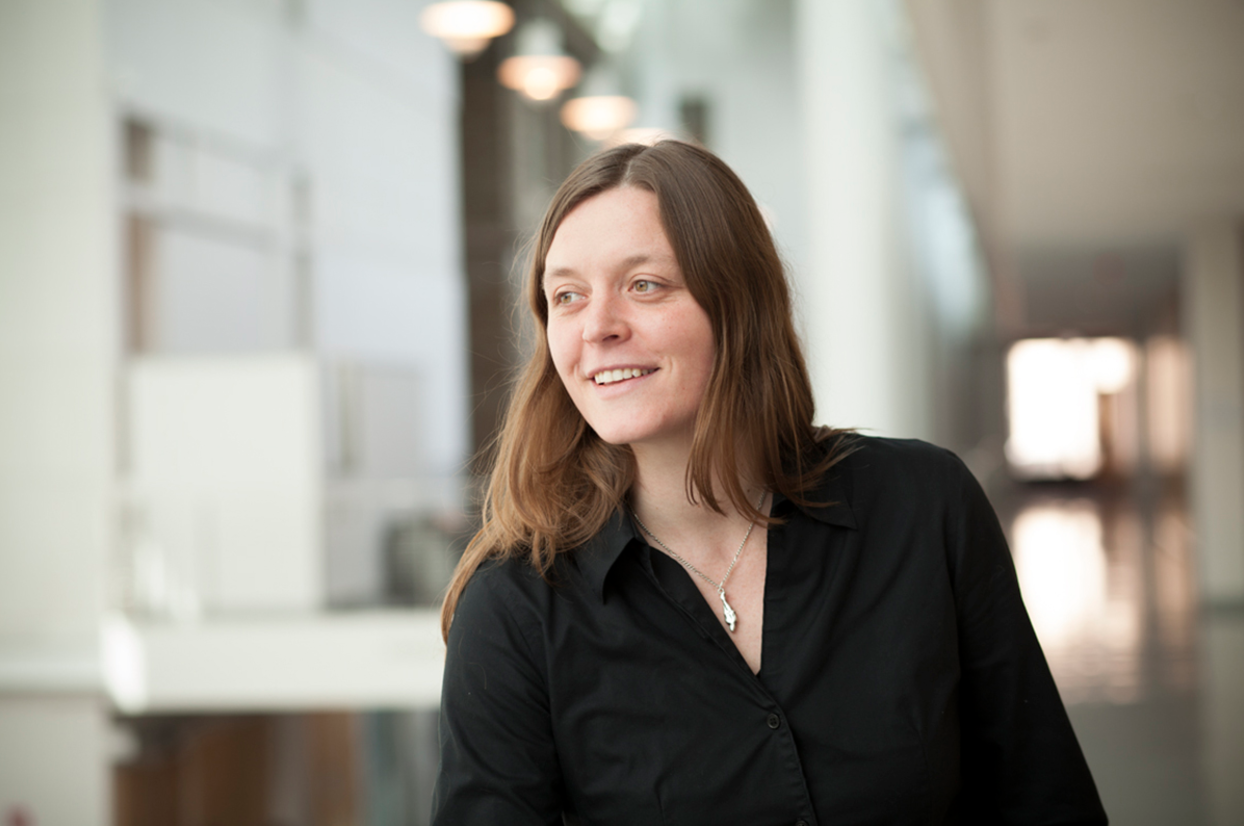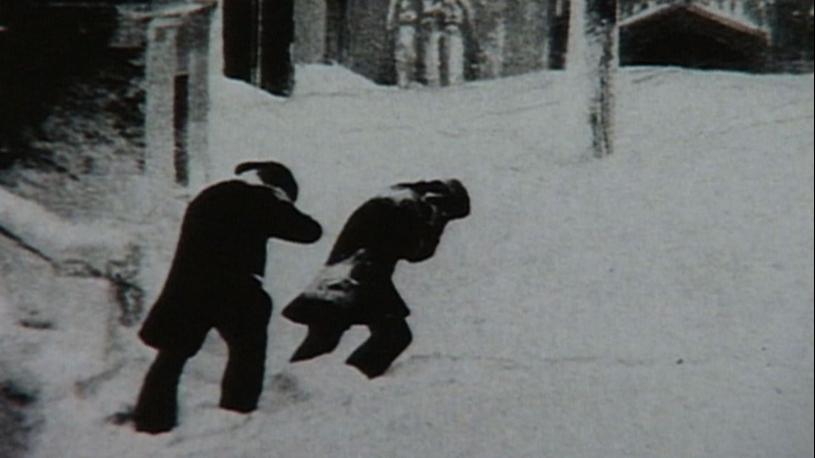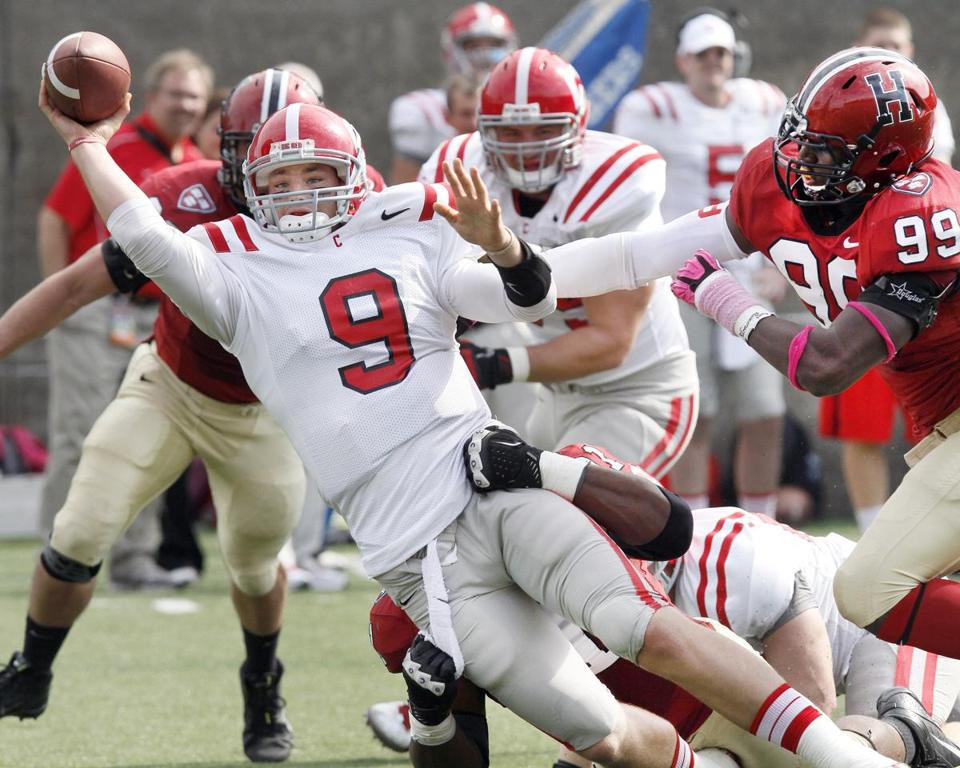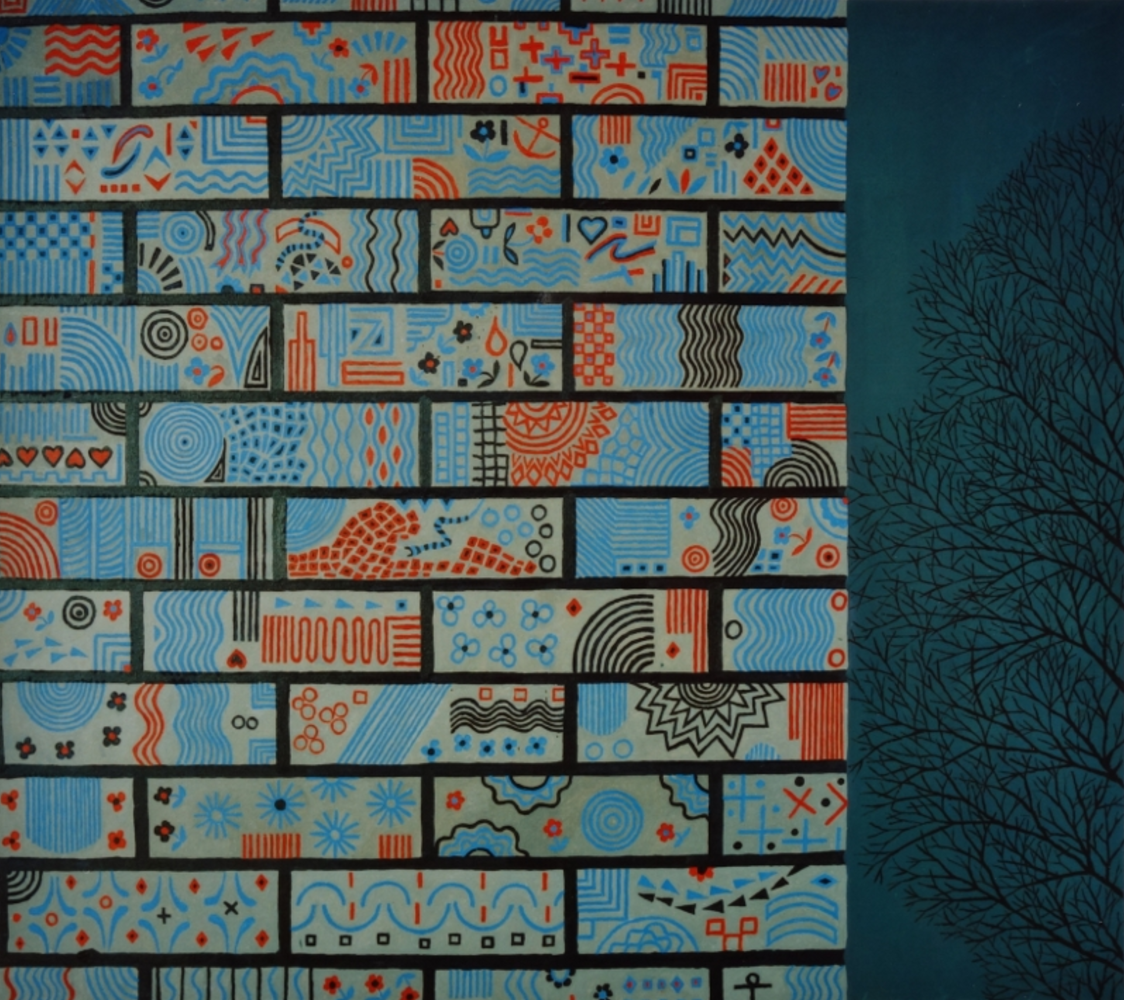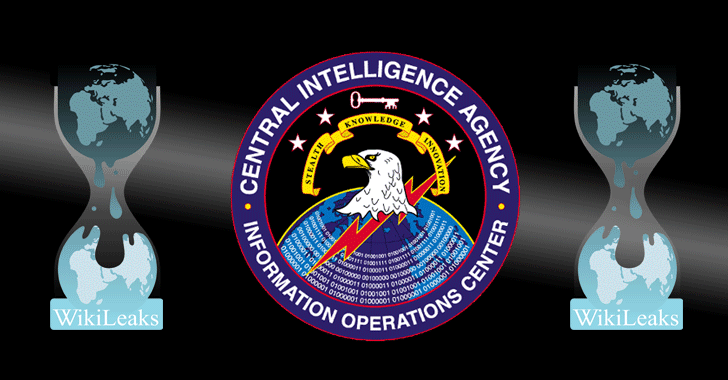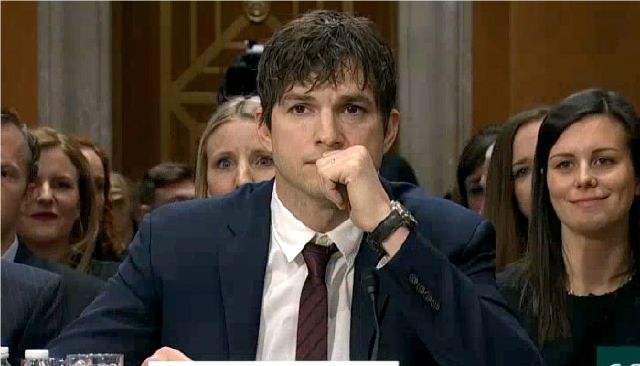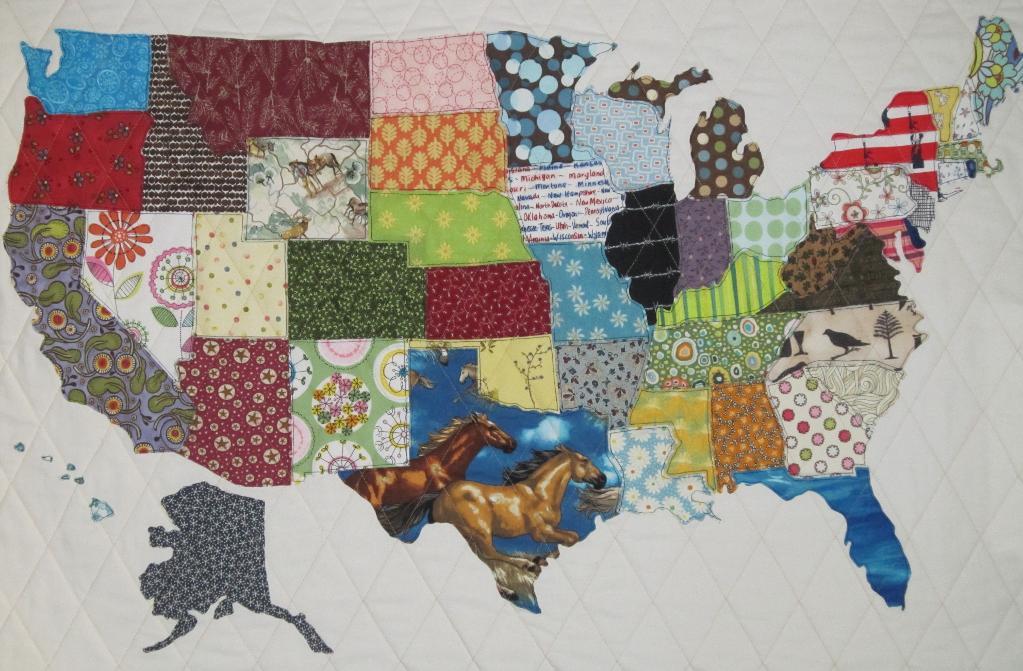Campus
ARRAY | The 5 Cornell Reasons to Study Abroad
|
I spent last semester studying in the far-off land of New Zealand. Now I’m back and it’s time for that self-hatred inducing study abroad post where I tell you how I made meaning out of fleeing the country for a little bit. When I left, I told myself that I wasn’t going to be one of those obnoxious people who went on and on about how study abroad changed them, but then my publishing deadline came a knocking and I realized that I had nothing to write about, and suddenly putting out my experiences seemed like too easy a topic to pass up. I’m hoping that I can say a couple things about my time that go beyond the usual self-discovery stuff though, and instead tell you about how studying abroad shifted my perspective on Cornell life. 1) Pretty much every other place outside of the arctic circles is nicer than Ithaca.

